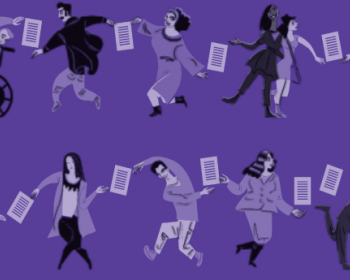Access to information
Community radio (CR) is a kind of local broadcasting arrangement which gets set up and operated by a fixed community for its well-being.
The Global Information Society Watch 2009 report unpacks the key issues impacting on access to online information and knowledge, including discussions on intellectual property rights, knowledge rights, open standards and access to educational materials and libraries.
Role of Radio in Peace Building Process in South Asia Sheikh Mohammad Shafiul Islam To overcome the debate over the territory of the South Asian Region, the SAARC countries have been taken fo
APC has recently co-produced training materialson Web 2.0 and social media for development for the FAO Information Management Resource Kit (IMARK). This unit, along with others, is available for free online and in CD format on the project’s website.
Amy Mahan, a long-time collaborator of APC, died unexpectedly on March 5. Amy was a fervent supporter of Global Information Society Watch, a watchdog report that has become recognised as an essential reference by activists and critics in ICT policy all over the world, since its conception. APC will be dedicating the 2009 edition of GISWatch to be published in November in her honour. Amy touched...
Digital Empowerment Foundation (DEF), a Delhi-based not-for-profit organisation, was registered on December 2002, to find solutions to bridge the digital divide. With no political affiliations, it was founded to uplift the downtrodden and to create economic and commercial viability using information and communications technologies (ICTs) as means to these ends. DEF’s vision is to make dig...
UNESCO-IPDC (International Programme for the Development of Communication) “Fostering Media Development.
Cybercafés are in decline in Senegal. Too much offer compared to demand because of prices that are still out of reach for the average Senegalese, have resulted in the closure of many of these access points to knowledge and communication, once found around the clock on every street corner in Dakar. The arrival of a much-anticipated new operator, Expresso only led to disappointment – the oper...
APC’s women’s programme has started a really cool research project on sexuality and the internet.
Bangladesh NGOs Network for Radio and Communication (BNNRC) is promoting the advocacy with the government in relations to community radio with other organizations since its emergence.

Association for Progressive Communications (APC) 2022
Unless otherwise stated, content on the APC website is licensed under Creative Commons Attribution 4.0 International (CC BY 4.0)





